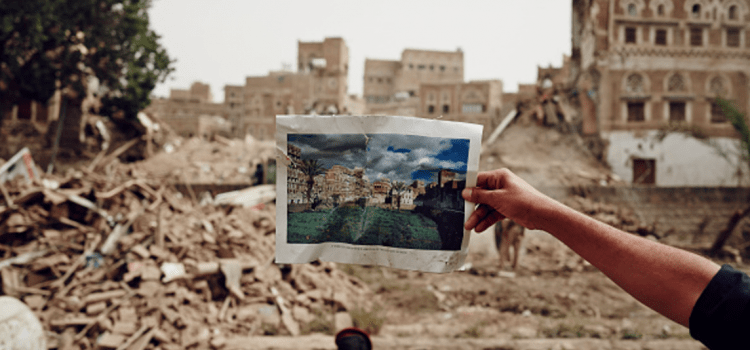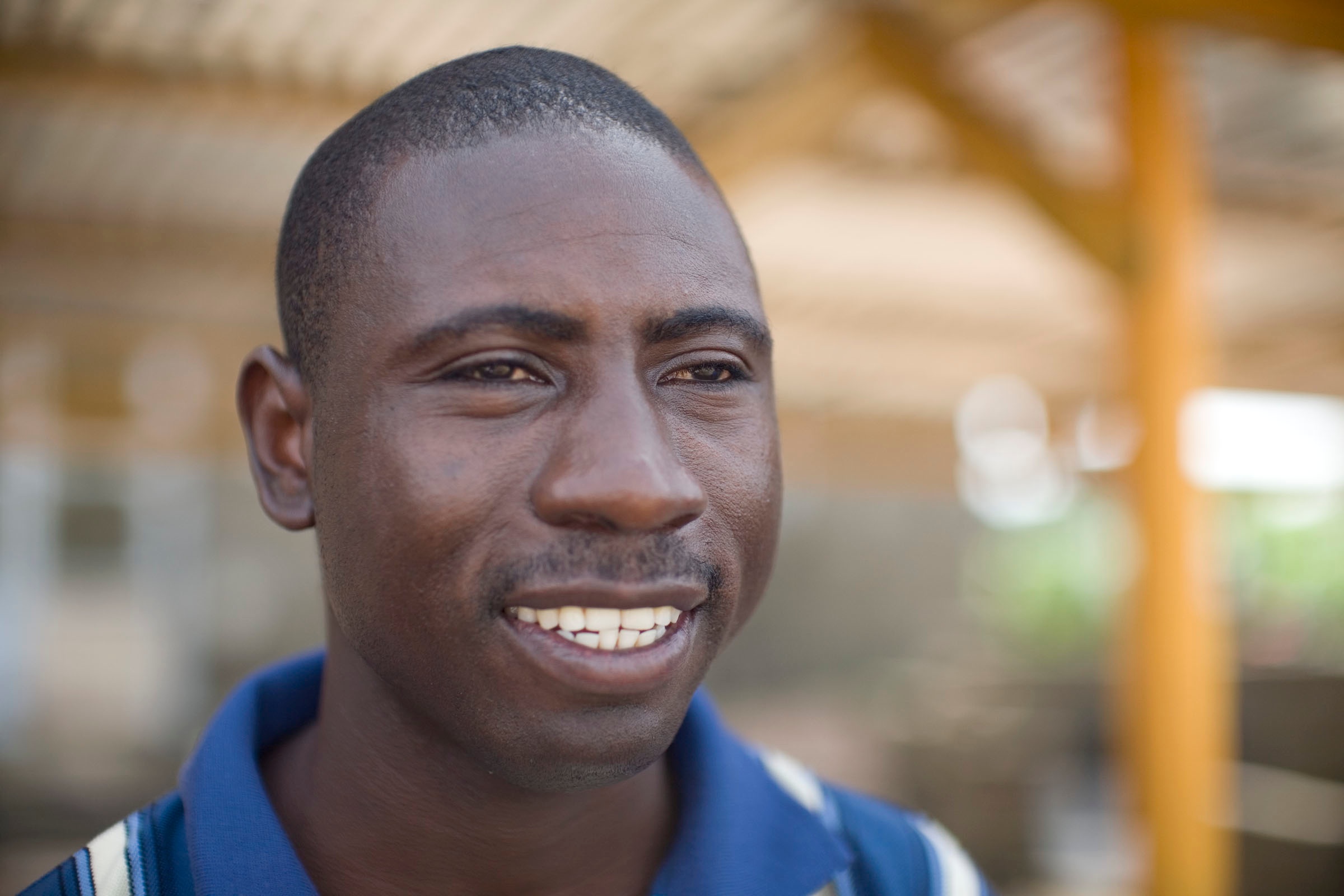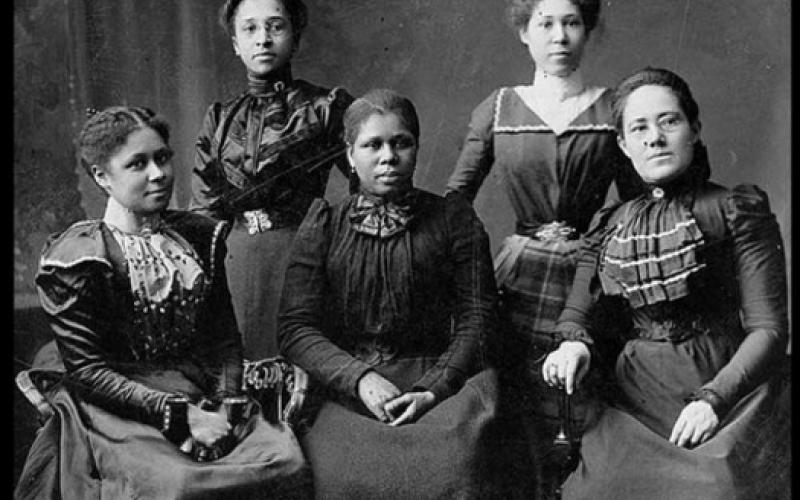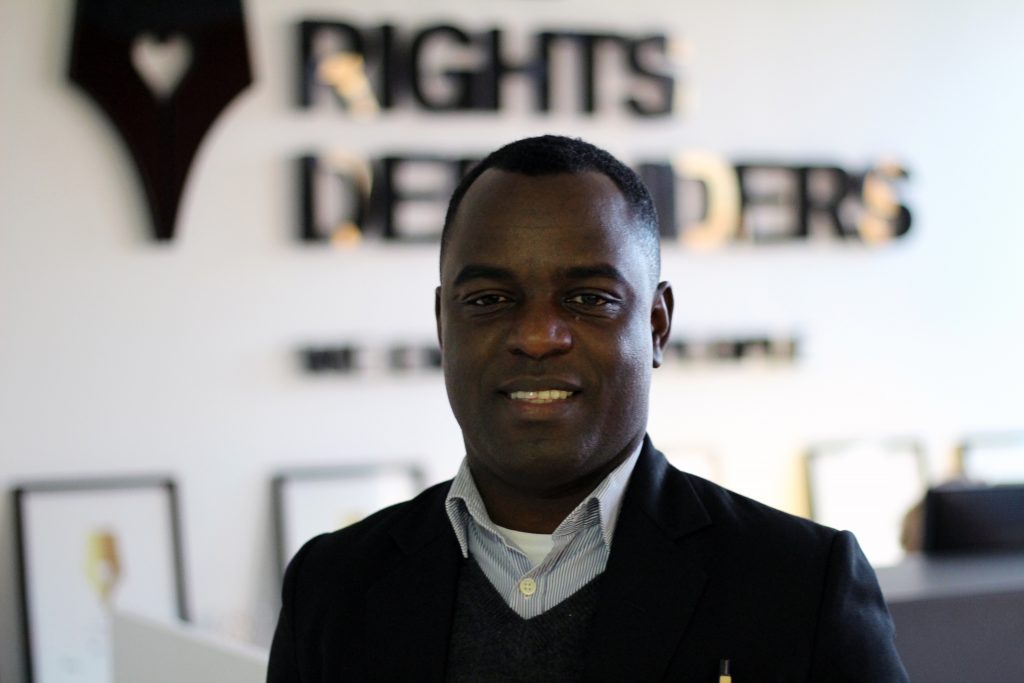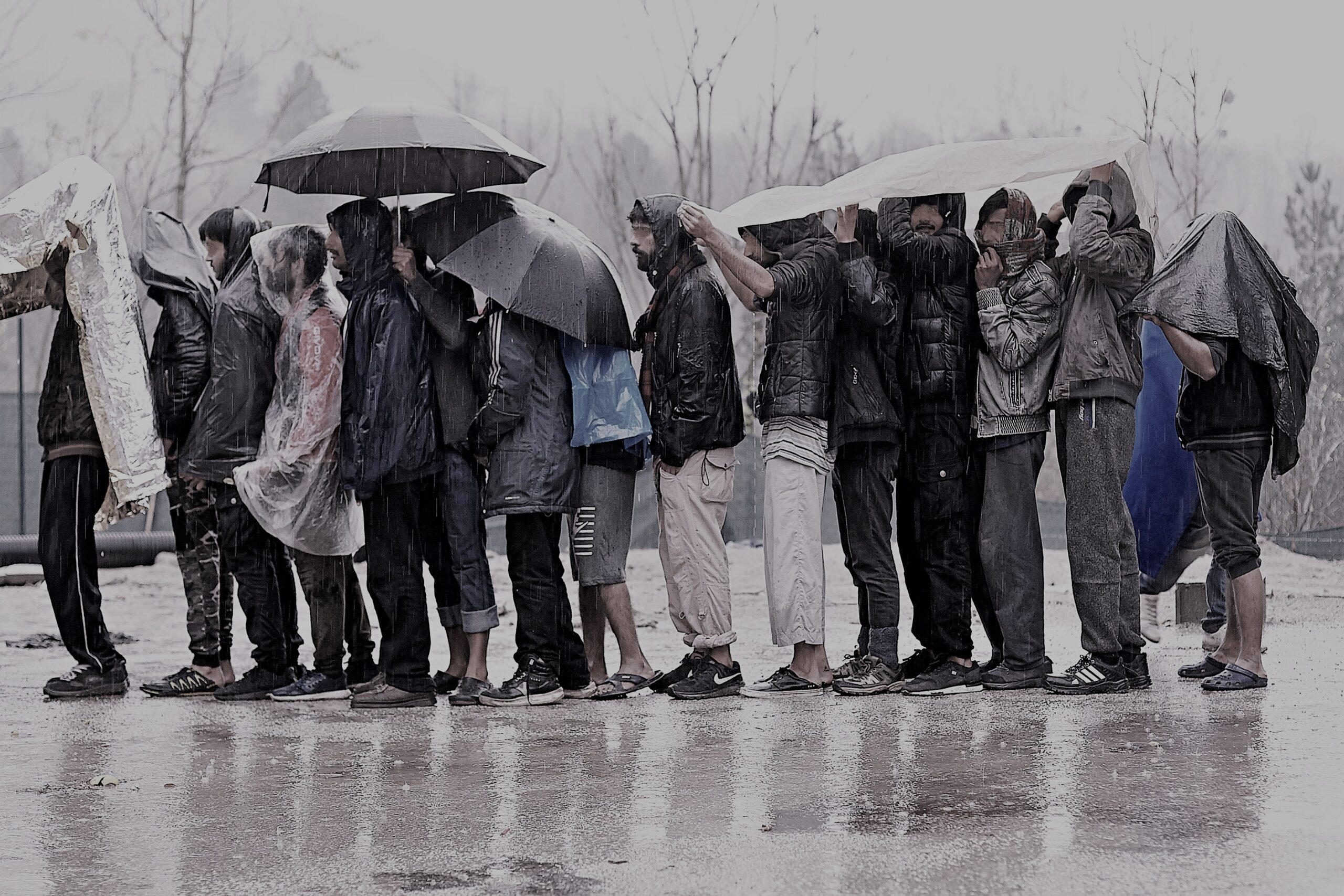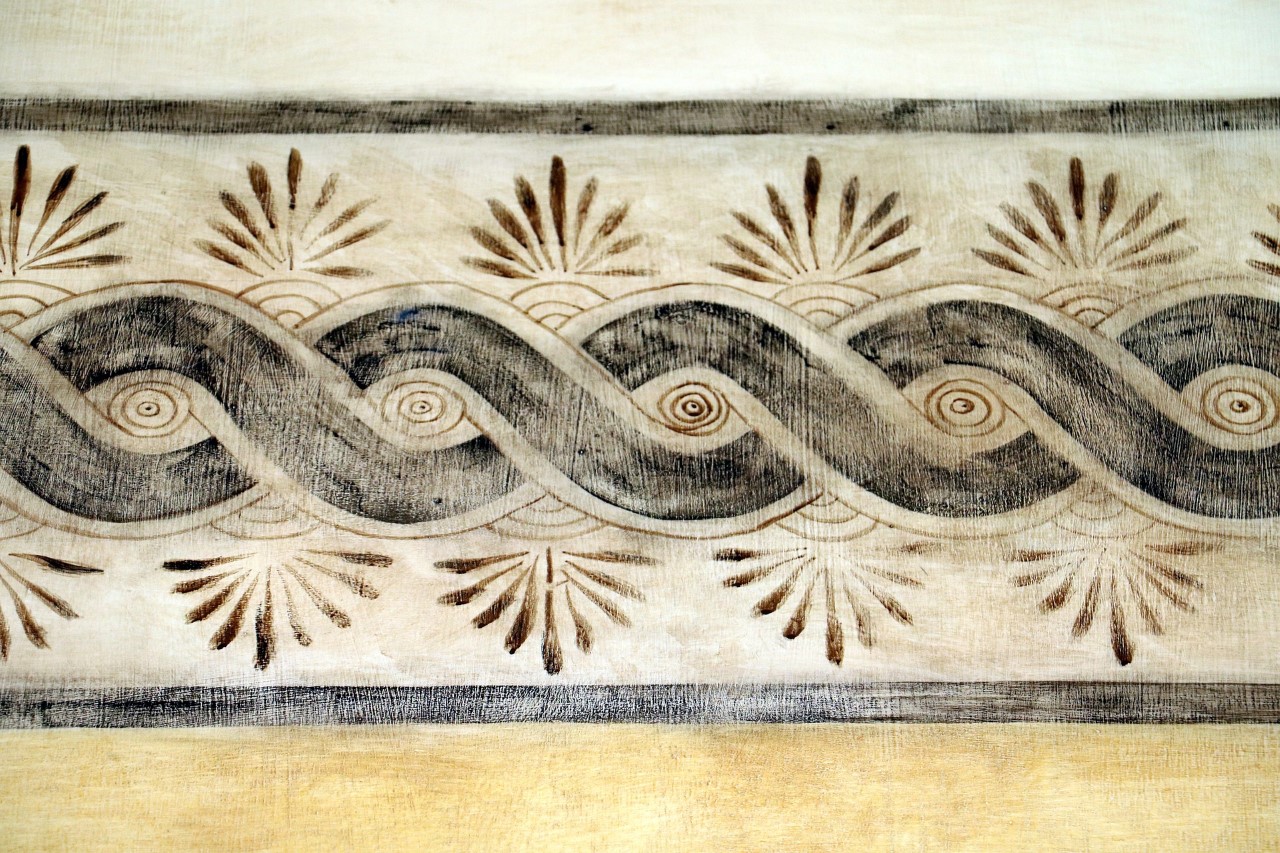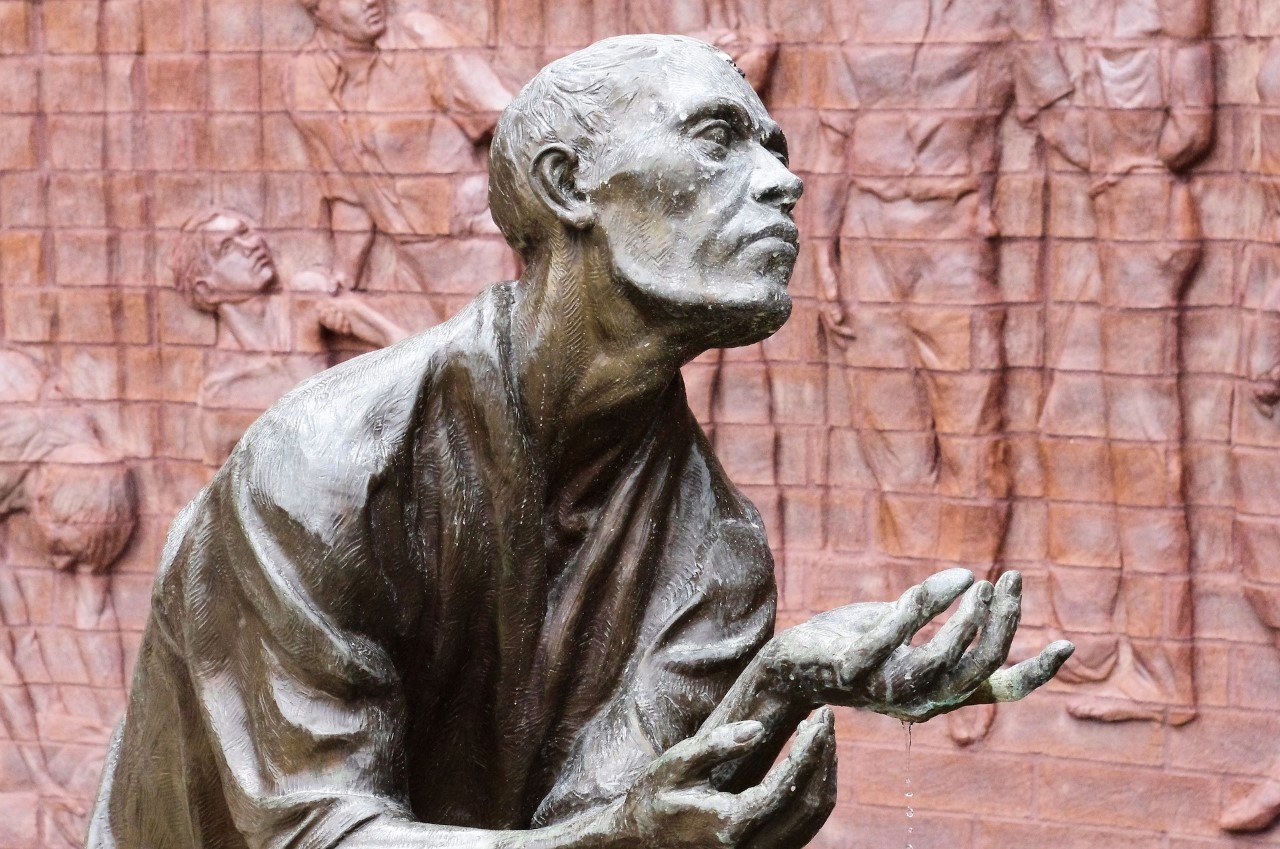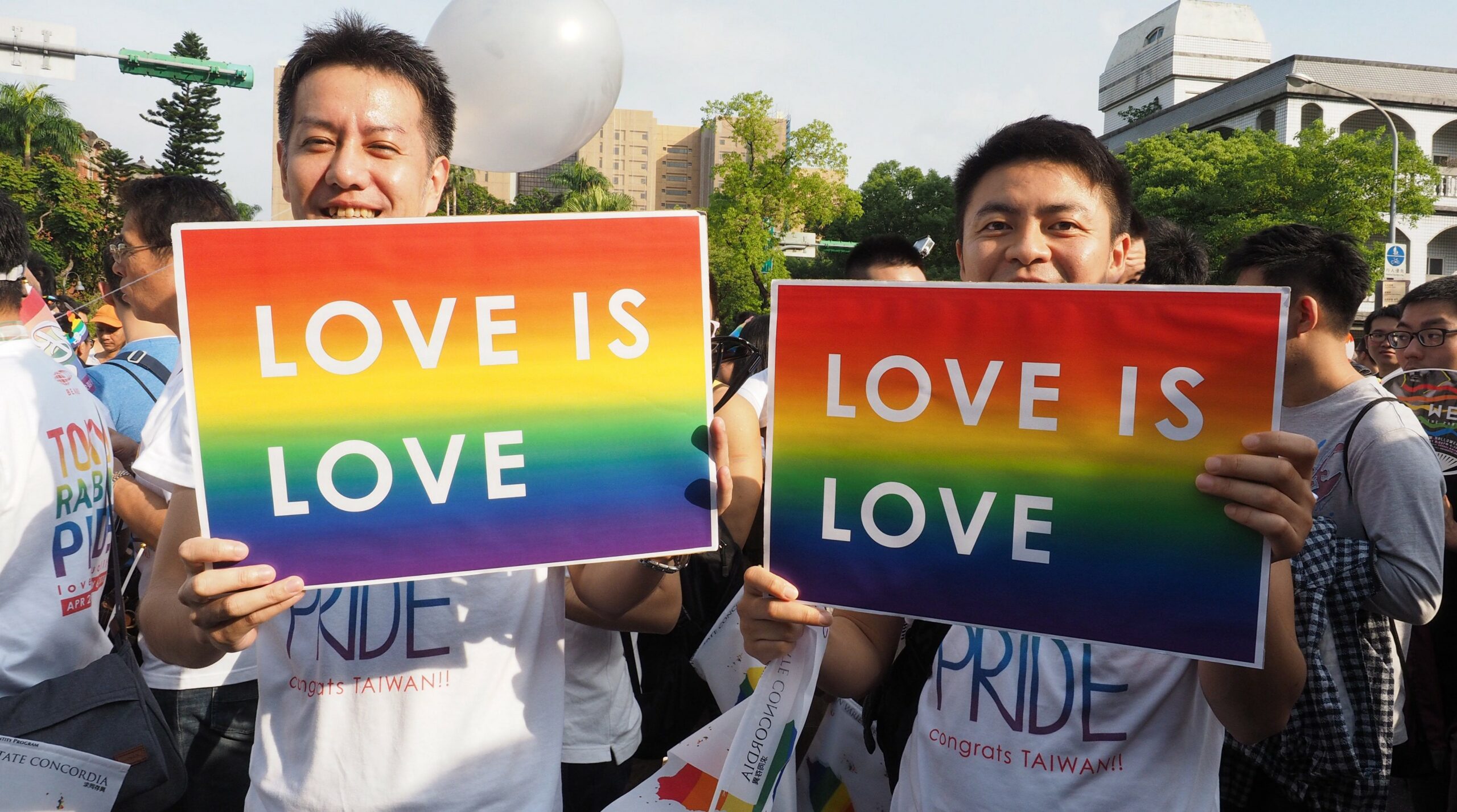
No region in the world holds the honour of being absolutely free from having displayed at some point some sort of discrimination or violence directed at women and men who engage in ‘non-traditional’ romantic and sexual relations.
As well as patriarchal precepts, which praise the natural subordination of women in all spheres of life, homophobia, as the irrational fear of, aversion to, or discrimination against homosexuality or homosexuals [1] has transcended time and boundaries. Over the course of centuries, homophobia has succeeded in detracting every glimmer of humanity from persons who dare to not conform to socially constructed and culturally supported gender roles by degrading their most intimate feelings by classing them as ‘unnatural’ [2] or a crime. As a result, no single human right or fundamental freedom has remained safe from the weight of the homophobes.
Homophobia has succeeded in detracting every glimmer of humanity from persons who dare to not conform to socially constructed and culturally supported gender roles by degrading their most intimate feelings by classing them as ‘unnatural’ or a crime.
The circumstances that actual or perceived LGB are compelled to bear in their dealings with State institutions or at the hands of private entities vary immensely from country to country. In some countries, legally married same-sex couples are eligible, on an equal footing as heterosexual couples, to adopt children [3]so as to fulfil the life-long dream of becoming a parent, while in other nations loving ‘against the order of nature’ is reason enough to be fined, sent to prison or be executed.
The UN Human Rights Council (HRC) gathered in Geneva for its 17th session in July 2011 expressed its ‘grave concern at acts of violence and discrimination, in all regions of the world, committed against individuals because of their sexual orientation’ in what constituted a momentous resolution on sexual orientation and human rights. [4]This historic resolution was adopted with the favourable votes of 23 UN member States, most of them from Europe and the Americas and Japan, Mauritius and Thailand. Another 19 member States, mostly from Africa, the Middle East and Asia, and the Republic of Moldova and the Russian Federation showed their disagreement. China, Burkina Faso and Zambia decided to abstain. The result of this vote could be seen as a fairly accurate reflection of how the world nowadays positions itself as regards issues related to the full extension of human rights to LGB people.
Whether they are racial, religious, political, sexual or national in origin, what most minorities have in common is to have been the target of political opportunism, religious intolerance or nationalistic discourses at some point.
MAIN INSTIGATORS OF HOMOPHOBIA
Such an irrational hate and violence towards LGB people, at times supported by the State, and in many cases backed by ample sections of society, well deserves an attempt to find out the likely origins of this animosity.
Whether they are racial, religious, political, sexual or national in origin, what most minorities have in common is to have been the target of political opportunism, religious intolerance or nationalistic discourses at some point. Blaming minorities has conveniently distracted the general population from holding their leaders accountable in, say, Ukraine, Cameroon, Iran, Cambodia, or Jamaica. The message delivered by many major religions is that they have aligned with cultural relativism rather than with the defence of human rights. Paradoxically, certain religions that oppose one another in everything else, do find common ground in their condemnation of homosexual acts.
In the African continent, most of the arguments raised against homosexuality share the idea of it being an evil phenomenon imported by Westerners, aimed at corrupting national young generations in an effort to impose their immoral lifestyle. Before the arrival of the whites, no sign of homosexuality was ever documented on the continent, they argue. However, proclaiming homosexuality to be ‘un-African’ is based on erroneous presumptions. Around the nineteenth century, the origin of both the ‘anti-sodomy’ laws imposed and enforced by the British colonizers and the faith preached by the missionaries that accompanied them cannot be traced to any part of the continent.[5] Consequently, using a geographical approach free from any ideological bias will conclude that what it is really ‘un-African’ is homophobia rather than homosexuality.
Paradoxically, certain religions that oppose one another in everything else, do find common ground in their condemnation of homosexual acts.
Far from Africa in distance, but close in their homophobia are several countries of the former Union of Soviet Socialist Republics, led by the Russian Federation. A ban on sexual relations between men — lesbians were not even considered at that time — was introduced in a new Criminal Code in 1835 by Tsar Nicholas I. The prohibition remained during the regimes of Stalin and Khrushchev, and it remained in place until the government of Boris Yeltsin. Homosexual acts were decriminalized in 1993 in an effort to bring Russian laws closer to the Council of Europe’s standards.[6] Most recently, it has been argued that the enactment of the 2013 federal law banning any kind of positive depiction of ‘non-traditional’ sexual relations could be an attempt to recriminalize homosexual conducts in the Russian Federation.
Simultaneously, the highly regarded Russian Orthodox Church, considered a symbol of national pride and unity, has been advocating that the Government strengthen existing legislation against homosexual acts. The gradual deterioration of living standards and the widespread corruption among top politicians and businessmen have pushed larger sections of society to more extreme positions. The extreme vulnerability borne by sexual minorities has easily made them the source of all sorts of national wrongdoings.[7] The debate of this law has attracted a great deal of media attention and it has reportedly been one of the main instigators for a new wave of homophobic violence and social condemnation.
Some other prominent instigators of homophobia have been Muslim countries, five of which find same-sex sexual activities liable to death penalty, while some others punish it with an economic fine or a term in prison. In the United States of America, Evangelical congregations have been especially active charging against anything that depicts homosexuality positively and have toured the world in search of new adepts to guide how hate toward LGB must be conducted and displayed. Their preachings, along with their funds, have found the perfect audience in many African countries.[8]
[2] Human Rights Watch (HRW), This Alien Legacy. The Origins of “Sodomy” Laws in British Colonialism, <This Alien Legacy | The Origins of “Sodomy” Laws in British Colonialism>
[3] Lucas Paoli Itaborahy and Jingshu Zhu, ‘State-Sponsored Homophobia, A world survey of laws: Criminalisation, protection and recognition of same-sex love’, International Lesbian, Gay, Bisexual, Trans and Intersex Association (ILGA). This annually published document is gaining international reputation and it is becoming an authoritative source of information for LGB-related issues. <http://ilga.org/what-we-do/state-sponsored-homophobia-report/>
[4] United Nations, Human Rights Council (HRC) Resolution 17/19 (14 July 2011) A/HRC/RES/17/19. <OHCHR | LGBT UN Resolutions
[5] Ibid 2, 10. See also Azad Essa, ’Homophobia: Africa’s new Apartheid’, Al Jazeera (1 February 2014) <www.aljazeera.com/indepth/opinion/2014/02/homophobia-africa-new-apartheid-20142194711993773.html> and Val Kalende, ‘Africa: homophobia is a legacy of colonialism’, The Guardian (30 April 2014) <www.theguardian.com/world/2014/apr/30/africa-homophobia-legacy-colonialism>
[6] Dan Healey, ‘A history of homophobia’ The St. Petersburg Times (28 March 2012) <www.sptimesrussia.com/story/35384?page=2#top>
7] Olga Khazan, ‘Why is Russia so homophobic?’ The Atlantic (12 June 2013) <www.theatlantic.com/international/archive/2013/06/why-is-russia-so-homophobic/276817/>
[8] David Smith, ‘US evangelical Christians accused of promoting homophobia in Africa’ The Guardian (Johannesburg, 24 July 2012) <www.theguardian.com/world/2012/jul/24/evangelical-christians-homophobia-africa>
Lopez del Prado

